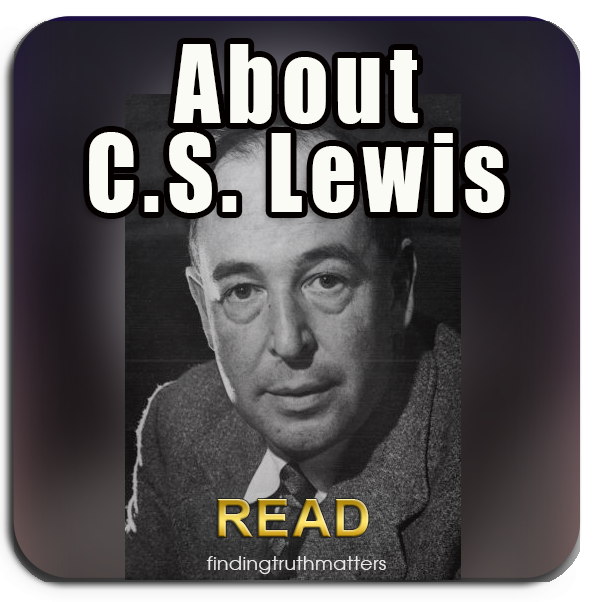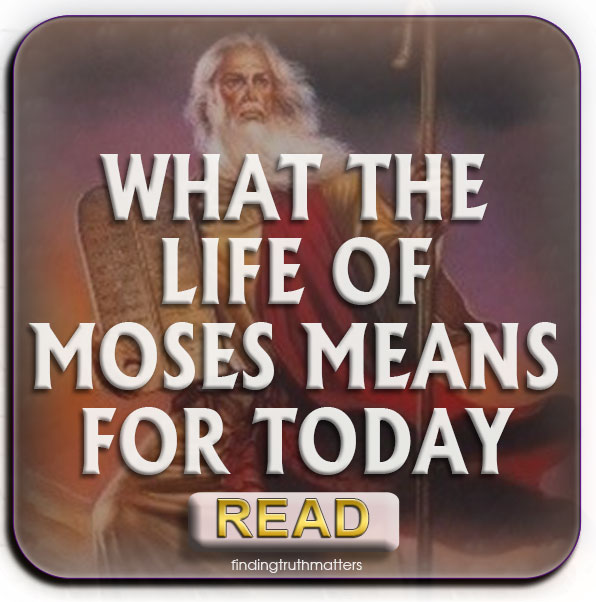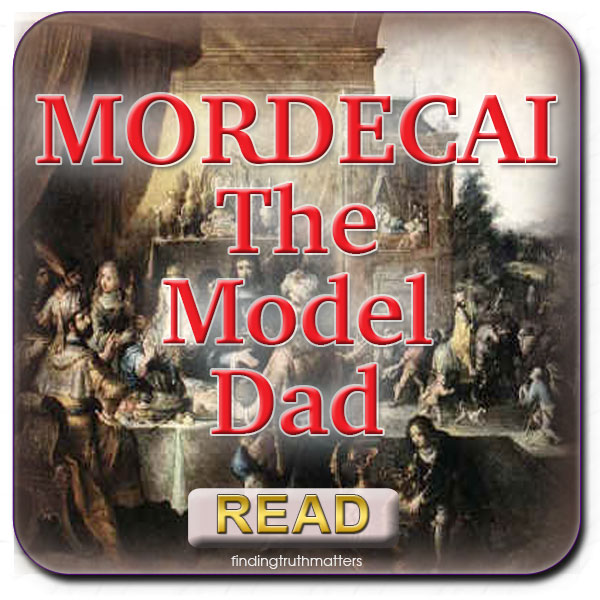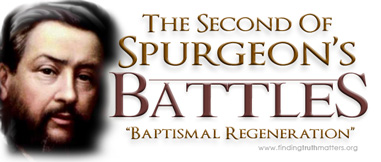
by Dr. Andrew Corbett | Nov 19, 2022 | Biographical
Clive Staples Lewis was born in 1898 in Northern Ireland. As a young child he was a voracious reader. He developed a passion for the classics, medieval poetry, and mythology. He entered into Oxford University College in 1915, enlisted as an officer in the British Army, was wounded in France just after his 19th birthday, returned to England to recuperate, and after the war returned to Oxford where he completed three Firsts.

by Dr. Andrew Corbett | Aug 6, 2019 | Biographical
The Biblical account of the life of Moses is one of the most prominent in the Scriptures. His life, his work, and his impact is unparalleled in the Old Testament. There is much encouragement to be drawn from the life of Moses for the believer today because he was someone who met God, felt disappointed with God, let God down, but became known as the friend of God who was privileged to talk with God face-to-face.
Moses had failed. In Stephen’s words, he had “supposed” (NLT=”assumed”) that the Hebrews knew he was to be their deliverer (Acts 7:25) when he murdered an Egyptian. But instead, the Hebrews had scoffed at his pretense of being their deliverer. Dejected and rejected he retreated. Moses had jeopardised the redemptive plan of God by his mis-timed murderous outburst. His forty years in the wilderness was a time of going some way to validating the defective proverb- time heals all wounds.

by Dr. Andrew Corbett | Feb 6, 2018 | Biographical
The Book of Esther is controversial Biblical book. Why is it in the Bible? There is not even a direct mention of “God” in it. This has led some to question whether it even belongs in the Bible. But what these critics have missed is one of the most profound messages from God in all of Scripture.
While the book of Esther is obviously about Esther, it is also rich in Biblical allegory about God and His relationship with His people. But what is not immediately obvious is that this book is very prophetic. It describes how God was to end His Old Covenant and establish a new one. All the while, the characters in this pivotal story unwittingly reveal some amazing truths about God, family, and the relationship between religion and politics.

by Dr. Andrew Corbett | Nov 4, 2017 | Biographical
He’s known as the “Prince of Preachers”. There was once a time when kings and their princely sons were the first ones into battle with their armies to defend their people. And if this is what is required of princes, then Charles Haddon Spurgeon deserves the royal accolade. For when the Church was under vicious attack in the nineteenth century from both within and without, it was Charles Spurgeon who had the courage to step into the fray at great personal cost. These attacks came in three waves during Spurgeon’s career. While he fought valiantly, he most frequently fought alone and it was this sad aspect of his battles that arguable led to his premature departure.




